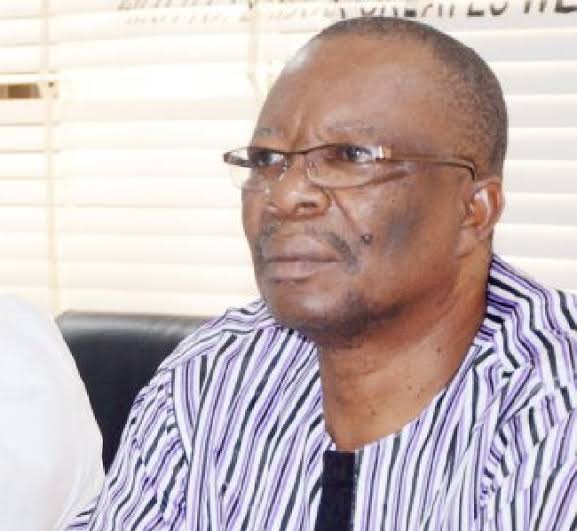
The Academic Staff Union of Universities (ASUU) has vowed to appeal the ruling of the National Industrial Court which ordered the lecturers to call off their ongoing strike.
The counsel to the union, Femi Falana, disclosed this in an interview with Channels TV.
Following several failed attempts to resolve the crisis with the academic union, the Federal government through its lead counsel, James Igwe, filed an application for an interlocutory injunction, seeking an order of the court restraining ASUU from further continuing with the strike.
Delivering judgment yesterday, September 21, Justice Polycarp Hamman restrained ASUU from continuing with the industrial action, pending the determination of the suit. He ordered that the case file should be returned to the president of the Industrial Court for reassignment to another judge, as he is a vacation judge. According to the judge, the strike is detrimental to public university students who cannot afford to attend private tertiary institutions.
He added that the Trade Dispute Act mandates workers not to embark on strike once an issue has been referred to the industrial court.
Justice Hamman upheld the application of the government, saying it was meritorious and granted, but refused to fine the government as demanded by ASUU.
Reacting to the development, Falana said the academic union will be appealing the court order.
Also speaking about the development, the National President, ASUU, Prof. Emmanuel Osodeke, talking to newsmen on Wednesday, said;
“Our lawyer is filing an appeal and stay of execution of the ruling. Our members should remain calm and strong. A people united can never be defeated.
Read also: Court orders ASUU to call off strike
“If the FG believes that this is the best way to solve the problem, good for them. They have denied Nigerian children their rights. Nigeria as a country is going to be punished for what the FG has just done,” he said.
“You can be sure that thousands of my colleagues will leave this country. The last time we had this kind of treatment was during the military era.”

Leave a Reply